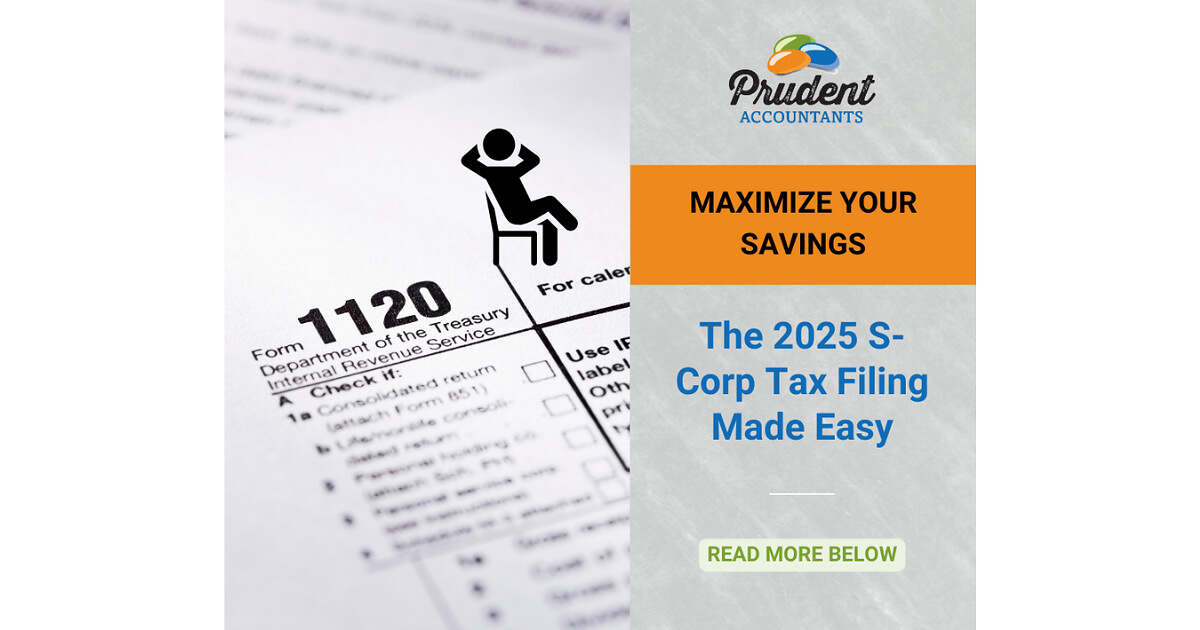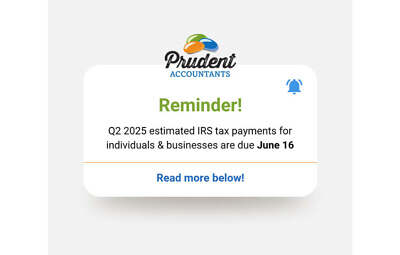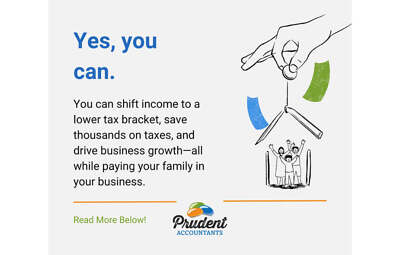The Ultimate Guide to Form 1120-S in 2025: What Every S-Corp Owner Needs to Know to Avoid IRS Trouble

For S-Corporation owners, tax season isn’t just about crunching numbers—it’s about navigating Form 1120-S, the IRS tax return for S-Corps. While this form ensures that your company’s income, losses, and dividends are properly reported, even small mistakes can lead to IRS scrutiny, penalties, or missed opportunities to optimize your tax position.
Whether you’re a seasoned business owner or filing Form 1120-S for the first time, this guide will help you understand the essentials, avoid common pitfalls, and stay compliant.
What is Form 1120-S?
Form 1120-S is the U.S. Income Tax Return for an S-Corporation. S-Corps are unique because they don’t pay corporate income taxes. Instead, profits and losses pass through to shareholders, who report them on their individual tax returns.
The form covers essential details, including:
- Income: Total revenue your business earned.
- Deductions: Business expenses that reduce taxable income.
- Shareholder Distributions: Allocation of profits or losses to each shareholder, reported via Schedule K-1.
Filing it correctly ensures your business adheres to IRS rules and avoids penalties.
Who Must File Form 1120-S?
If your business elected to be taxed as an S-Corp by filing Form 2553, you’re required to file Form 1120-S annually. This applies even if the company had no income or expenses during the tax year.
Key Sections of Form 1120-S
Understanding the structure of Form 1120-S helps you file accurately:
- Income Section: Report total business revenue, including sales, services, and other income sources.
- Deductions Section: Deduct eligible expenses like salaries, rent, utilities, and depreciation.
- Schedule B: Provide information about shareholders, accounting methods, and more.
- Schedule K: Summarize the total income, deductions, credits, and other items to be distributed to shareholders.
- Schedule K-1: Break down each shareholder’s share of the S-Corp’s income, deductions, and credits.
Common Mistakes to Avoid
Errors on Form 1120-S can lead to IRS trouble. Avoid these pitfalls:
- Missing Deadlines: Form 1120-S is due on March 15th (or the 15th day of the third month after the tax year ends). File an extension with Form 7004 if needed.
- Incorrect Allocation on Schedule K-1: Each shareholder’s share of income or losses must match their ownership percentage.
- Improper Deductions: Only deduct legitimate business expenses—personal or mixed-use expenses can trigger audits.
- Failure to File: Even if your S-Corp has no activity, not filing can result in penalties.
- Inaccurate Shareholder Information: Ensure that Schedule K-1 details are accurate and sent to all shareholders on time.
Tax-Saving Opportunities for S-Corp Owners
Filing Form 1120-S isn’t just about compliance—it’s also an opportunity to optimize your taxes:
- Reasonable Compensation: Pay yourself a reasonable salary to avoid IRS scrutiny while minimizing payroll taxes.
- Maximize Deductions: Deduct all eligible expenses, including home office costs, vehicle expenses, and retirement contributions.
- Pass-Through Deduction: Take advantage of the Qualified Business Income (QBI) deduction, allowing you to deduct up to 20% of pass-through income.
- Tax Credits: Explore credits like the R&D Tax Credit or Work Opportunity Tax Credit.
How to File Form 1120-S
- Gather Documents: Collect your financial statements, payroll records, and expense receipts.
- Use Tax Software or a Professional: Filing can be complex, so use tax software or consult a professional accountant to ensure accuracy.
- Submit On Time: File electronically or by mail by the deadline. Remember to include all supporting schedules.
Why Work with Prudent Accountants?
Filing Form 1120-S requires accuracy, strategy, and compliance expertise. At Prudent Accountants, we offer tailored services to make the process seamless and stress-free for S-Corp owners, including:
- Tax Return Preparation: Ensure your Form 1120-S and Schedule K-1 are completed accurately and on time, minimizing errors and avoiding penalties.
- Tax Planning and Strategies: Leverage tax-saving opportunities like the Qualified Business Income (QBI) deduction and other credits to maximize your savings.
- IRS Compliance Support: Stay ahead of IRS requirements with expert advice and audit support if needed.
- Bookkeeping Services: Maintain accurate financial records to simplify the Form 1120-S preparation process and provide clear insights into your business finances.
The Bottom Line: Mastering Form 1120-S
Form 1120-S is more than just a tax filing requirement—it’s an opportunity to assess your S-Corp’s financial health, maximize tax savings, and stay compliant with IRS regulations. By understanding the essentials, avoiding common pitfalls, and leveraging expert support, you can navigate this process with confidence and ease.
Prudent Accountants is here to help you every step of the way. Whether it’s ensuring compliance, identifying tax-saving opportunities, or simplifying the preparation process, we’re committed to helping your business thrive. With the right guidance, you can approach tax season as a chance to strengthen your financial foundation and focus on what matters most—growing your business.
Make this year the one where tax filing becomes an asset rather than a burden. Let’s make it happen together!








